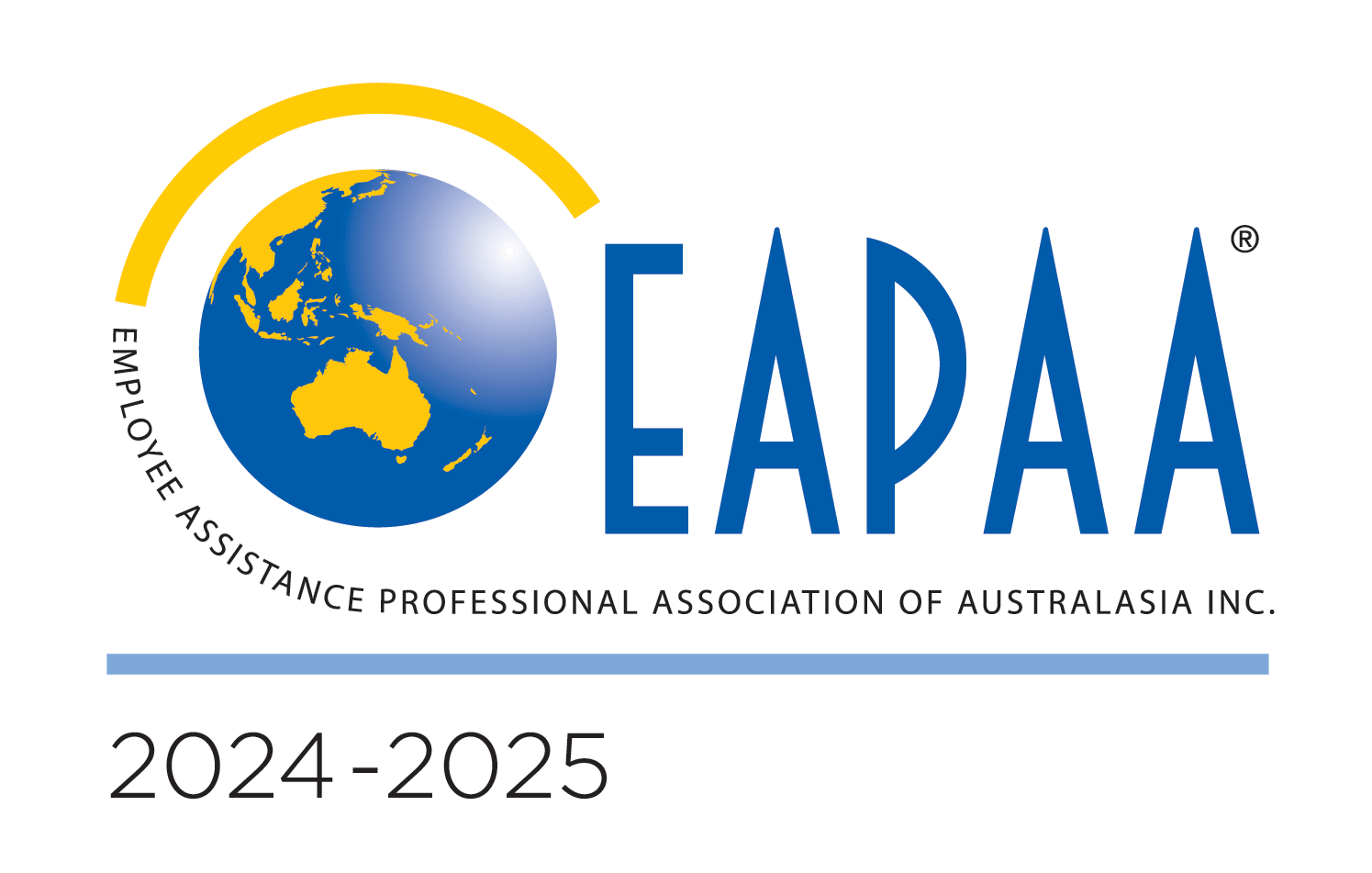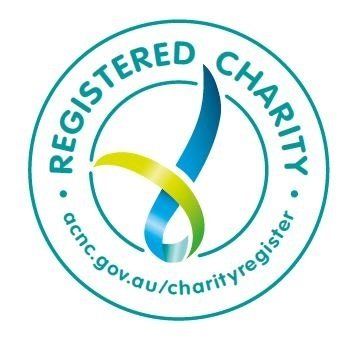The Goodness of Fit and Response-ability
The ‘goodness of fit’ means the child’s capacity and dynamic for growth and development and the carers’ provision of challenge, stimulation and support throughout the period of child rearing. The core of interpersonal intelligence includes the capacities to discern and respond appropriately to the moods, temperaments, motivations and desires of other people, no more critical than in the task of parenting one’s own children. A parent’s demandingness refers to the parent’s willingness to act as a socialising agent, whereas responsiveness refers to the actions which intentionally foster individuality, self-regulation and self-assertion by being attuned, supportive and acquiescent to the child’s special needs and demands.
Socialising the Child
Although parental demands socialise a child from birth it is during the teenage years where the results of parenting efforts in socialisation significantly manifest and parental responsiveness must be attuned to the teenagers need for individuality and self-actualisation as part of their normal developmental milestones, developing a degree of differentiation, the natural forces within the self, pushing the teenagers to separate from their family while simultaneously acting to keep connected to their family.
Goodness of fit
‘Goodness of fit’ has been a key theoretical construct for understanding caregiver-child relationships. When children pose care-giving difficulties for their parents the manner in which parents respond to their children is important for their socio-emotional development. Therefore, love can be the most lethal weapon in the parenting arsenal.
People are complex, their social systems are complex, their morals and values are complex. This complexity needs to be simplified and understandable to a parent for them to gain some insight into their current patterns of behaviour which will certainly impact upon their parenting skills and the role modelling to their children. The parent’s life-script will undoubtedly influence their parenting. Script messages are transmitted by unconscious communication between the Child and Parent ego states of family members across generations.
Research
A study of Functional Fluency completed in February 2017 explored the usefulness of Functional Fluency in the context of parent counselling. The research concluded that the task of ‘parenting’ was when an individual has a responsibility of care and control and personal development of others, covering a range of experiences such as parenting a child, being a public service provider, being in staff management, professional supervision or engaging in personal development. Functional Fluency, in other words how ‘fluent’ we are in ‘functioning’ with other human beings, has nine modes of behaviour, five are positive and four are negative. Each behaviour has six descriptors (adjectives) which are easily understood by a verbally literate adult to describe their behaviours. The findings indicated a need to balance between the limits of socially constructed norms and the opportunities for self-actualisation.
Attachment
Attachment has been aligned to “the goodness of fit” between the adult and child. The quality of attachment in childhood is the lynch-pin to a lifetime of an individual successfully practicing social responsibility, development of self, and effective decision making while surviving in a human environment. In relation to, not only parenting in general, but also significant to the ‘goodness of fit’ there emerged a number of themes, i.e. parenting style, parent’s relationship with each other, bonding between the child and parents and the child’s feelings of connectedness, in the family context, particularly for younger children, and critically, social connectedness for teenagers.
Response-ability
Functional Fluency has given a common language to, and an ability to recognise and name patterns of behaviour. Functional Fluency has affirmed what behaviours are productive and lifts a respondent’s awareness to avenues of change when behaviours are counter-productive. Using Functional Fluency as an intervention, there is a focus on strengths and in developing mindfulness, interpersonal skills, emotional regulation strategies, empathy, emotional responsiveness and reflective functioning.
For further information about how Functional Fluency can help you or someone you know visit www.functionalfluency.com.







